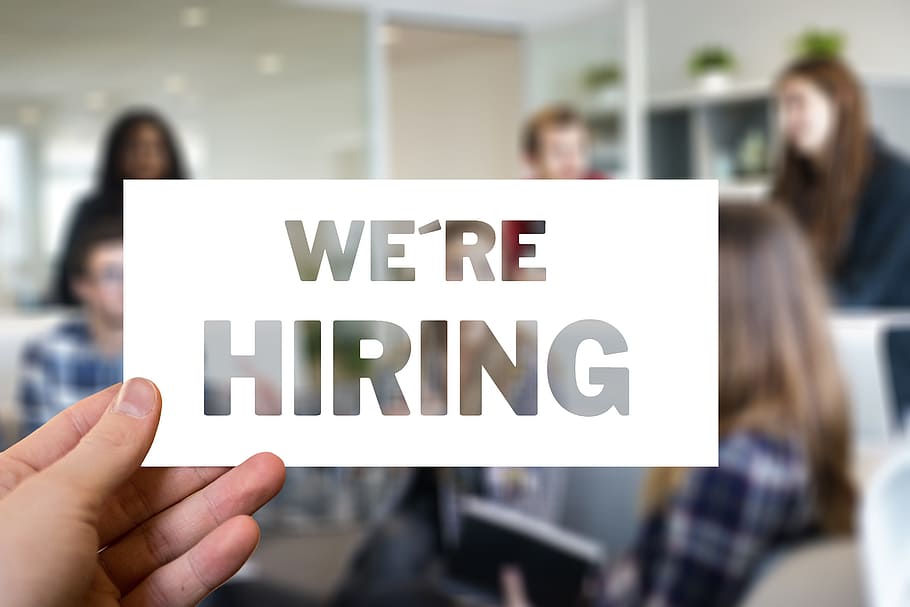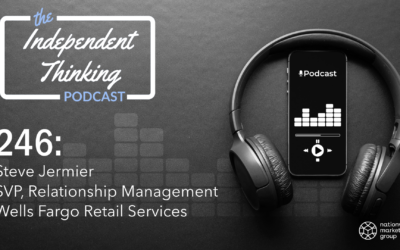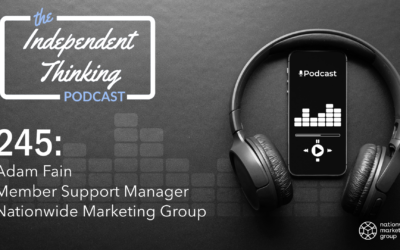In the Rent-to-Own industry today, the consumer’s path to purchase isn’t at all different from any other retail transaction. The reality is, good enough simply isn’t good enough anymore for customers. What defined a high-quality shopping experience yesterday has become increasingly more challenging, more competitive and more demanding than ever for the brick–and–mortar dealer. However, one consistent value that has always made the RTO industry special and unique is consumer trust — a weekly or monthly rent–to–own transaction that is built on trust.
Today, a customer walks into your store, calls over the phone or (more than likely) visits your website to begin that transaction. From that first touchpoint, wherever it may occur, you have to actively work to build that relationship of trust between the customer and your store. And, as difficult as it may seem, one mistake by someone on your team or one error on your website and that customer can simply move on to the next retailer.
I think we would all agree that customers and employees are a retailer’s most important assets. In order to provide customers the trust they deserve when engaging with your store, you must attract and retain employees that can perform at a high level. Unfortunately, this is one of retails greatest challenges today.
A recent Gallup poll provided some very interesting insights in reference to coworker engagement and job satisfaction. Here are a few of the takeaways from the poll:
- 78% of coworkers are not convinced their leaders have a clear direction for the organization.
- Only 23% of coworkers agree that their manager provides meaningful feedback.
- Only 30% of coworkers say that someone at work encourages their development.
- Only 12% of coworkers say their company does a great job of onboarding new hires.
These results should make you think about how your organization addresses things like employee feedback and onboarding. But luckily, addressing these concerns don’t require a large infusion of cash. They do, however, require the leadership, vision and direction to make sure your team has the development and feedback they are asking for.
Now the big question: How do you become that employer of choice in the RTO space for the Gen Z and millennial coworker? Research also tells us that nearly 60% of the Gen Z workforce believes pay is the most important consideration when applying for their first full time position, and money becomes increasingly important the older that Gen Zer is. However, Gen Z coworkers do look at a few other factors beyond just salary when researching a company. Traditional benefits such as a healthcare and retirement plans outweigh more modern perks such as free snacks, happy hours or gym reimbursements. In addition, once hired, nearly one in three said they would stay longer at a company if they had a supportive manager where regular check-ins occur.
By creating a culture where employees feel supported, inspired and empowered to enjoy life inside and outside of the office — or retail store — employers can create their brand ambassadors for the future. Additionally, when you provide a positive and challenging work environment for your team, they are likely to repay you with improved performance and increased loyalty. That, in turn, helps to create an exceptional customer experience.
This article was first published in the Febuary 2020 issue of The Retail Observer.

Key strategies for retaining employees in 2020
Start new hires the right way. It is important to have a clear agenda and training program for day one and beyond. Create a positive first impression for your new hire.
Compensate competitively. You may not be able to give everyone a raise, but you may be able to add in benefits such as extra paid time off or more flexible work options.
Find new ways to challenge coworkers. Poor coworker engagement doesn’t happen all at once. Support their ideas, ask for help on a new project, cross-train in a different role or put them in charge of training a new coworker.
Set clear expectations for each position. Coworkers want to be a part of the bigger picture. Let them know what they do daily matters to the customer and contributes to the company’s success. Clear and detailed job descriptions are important.
Create a coworker satisfaction survey. If you aren’t sure how your coworkers feel or don’t know what motivates them in their current position, just ask. A culture of trust and communication is key, then follow through on any feedback you receive.



